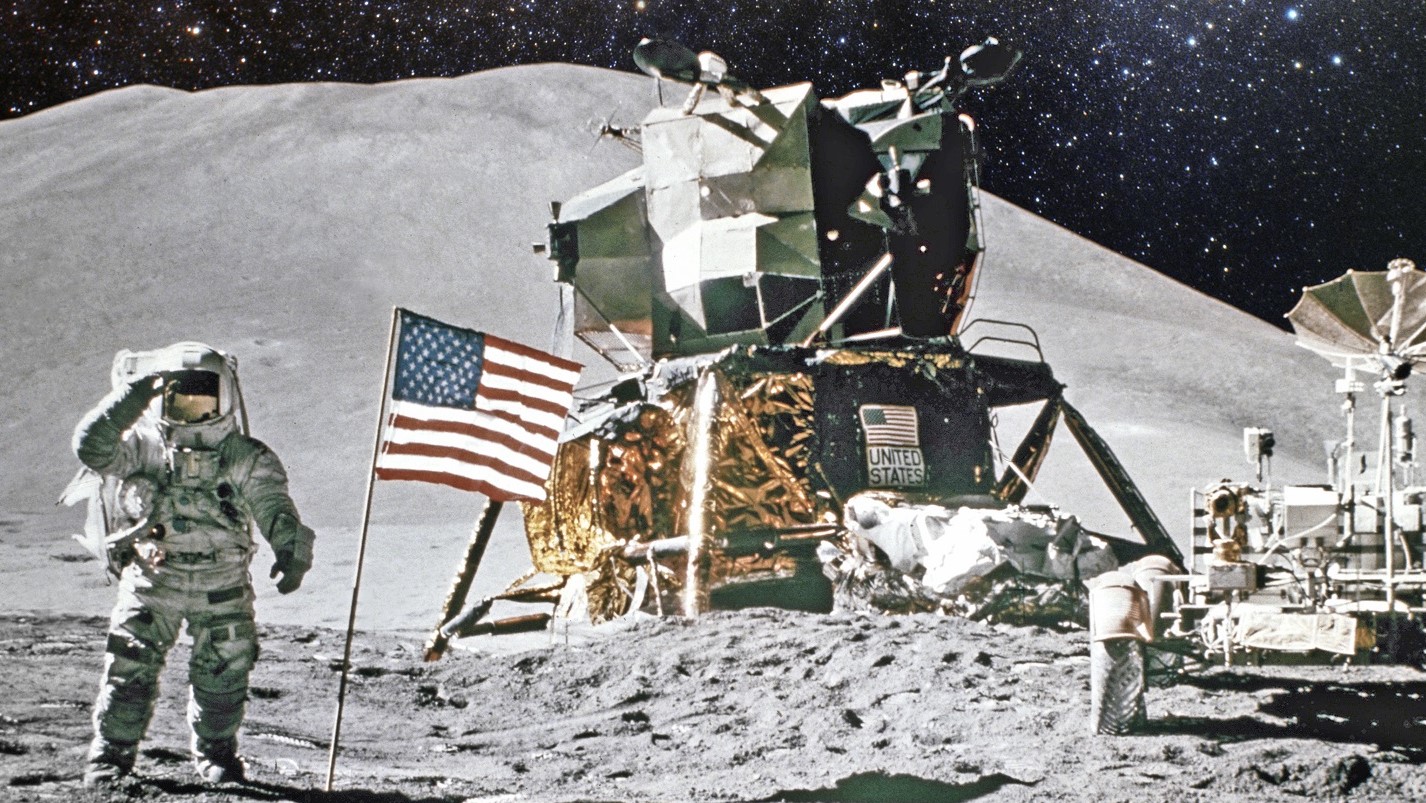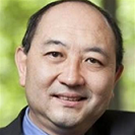When people talk about the many inventions inspired by the original race to the moon back in the 1960s, they tend to focus on products like microchips, satellite TV, filtered water, prosthetic limbs and freeze-dried food.
However, one of the most far-reaching outcomes from that decade-long adventure has been the concept of the moon shot itself.
Coined by Google’s enigmatic research division known simply as X, a moon shot is, “an ambitious, exploratory and ground-breaking project undertaken without any expectation of near-term profitability or benefit and also, perhaps, without a full investigation of potential risks and benefits.”
Moon shots were the focus of a C-level panel that proved to be one of the highlights of the ACS Reimagination Thought Leader’s Summit in Sydney earlier this month.
The panel session tapped the insights of proven thought leaders: Robert Hilliard, Managing Partner Consulting of Deloitte Australia, CSIRO Chairman David Thodey, akin’s Silicon Valley-based founder, Leisel Yearsley and carsales.com’s Managing Director Consumer Business, Ajay Bhatia.
When asked about technology trends that offered the best opportunities for moon shots, the panel agreed that AI would shape the future and increasingly pervade a wide range of functions and industry sectors.
“The promise in AI is simply enormous,” said Bhatia. “New advances in computing power and the amount of data coming through offer a unique opportunity for AI to thrive, particularly over the next five years as we utilise neural networks more.”
Liesel Yearsley, an Australian tech entrepreneur who sold her first company to IBM and now operates AI firm akin out of Silicon Valley, said AI will become as pervasive as PCs.
“Five years from now, we will talk about AI the way we talked about computers in the 80s,” said Yearsley, who sees AI increasingly playing a more personal role in peoples’ lives and taking over much of their decision-making.
While recognising the opportunity for Australia to develop and exploit AI technologies, the panel also underlined the need to create a culture and ecosystem where moon shots are encouraged and supported, and start-ups can thrive.
Yearsley highlighted a significant difference in mindset between Australia and the US. “In Australia we invest more in technology for legacy systems, which delivers incremental gains. However, in Silicon Valley you can get a $10 million seed round and they’ll say, “go and disrupt an industry or transform something.”
She said there’s also a completely different attitude to failure, with Silicon Valley firms encouraged to fail fast and to chase moon shots.
Her comments were echoed by Deloitte’s Hilliard, who asked the 1000-strong audience how many of them worked in companies where failure was celebrated, only to have most people lower their hands.
“Failure is an important gateway to moon shots and to success,” said Hilliard. “In some cultures where I ask that, hands stay up.
“In Australia when a project fails, we redefine the goalposts so we can show success because it’s not acceptable to fail. But we don’t learn the lessons. We actually need different levels of failures and around 30 per cent [of projects] should have an element of failure. If we don’t get to that then we’ve been too conservative and limited ourselves too much,” he said.
There was consensus amongst the panel about the need to teach entrepreneurship across the curriculum in schools and universities to empower the next generation to explore and commercialise their ideas.
And while all panellists promoted the importance of exploring high potential technologies like AI, there was also agreement on the need to balance moon shots with more gradual innovations.
“We’ve got to drive value in the shorter term as well as in moon shots,” said CSIRO’s David Thodey. “You do need to get to revenue and cashflow because they make the world go around.”
Bhatia shared how carsales.com used a dragon’s den program and then hackathons to engage the entire organisation in innovation.
“Some ideas we could shift on the day and others took time. We needed moon shots as well as incremental innovation. After all, how many times will you launch a moon shot? But you will launch lots of incremental projects,” he said.
Early next year, ACS will move to a modern collaborative workspace in Sydney’s Barangaroo with shared spaces for our members to demonstrate new products, crowdsource new ideas and hold meetings.
As part of this new facility, ACS will establish an accelerator hub to contribute to and foster sustainable Australian ICT businesses and entrepreneurs, and to provide additional opportunities and economic growth for Australia.
ACS acceleration programs will be attractive to small businesses looking to scale. Our focus will be to demonstrate domestic job creation both within the accelerator and across the broader digital economy.
The accelerator will leverage not only ACS’s core expertise in professional education, university accreditation, certification and member services, but will provide a platform for our 24,000+ members to engage and collaborate with start-ups, creating a range of unique benefits.
Anthony Wong is President of the ACS and Chief Executive of AGW Consulting P/L, a multidisciplinary ICT, Intellectual Property Legal and Consulting Practice.










